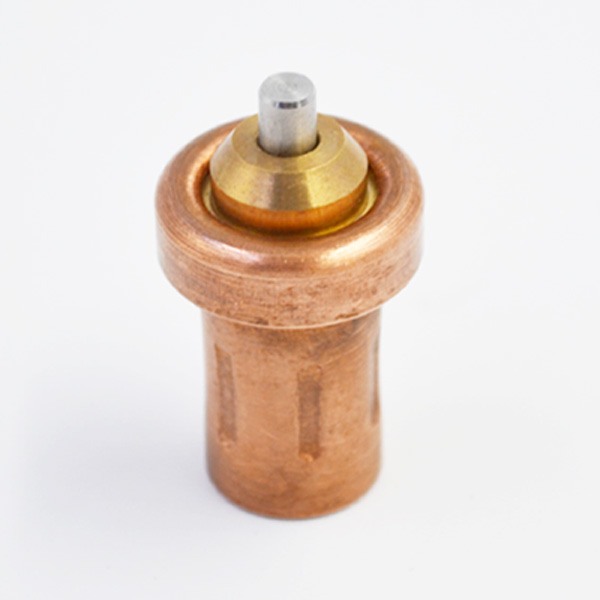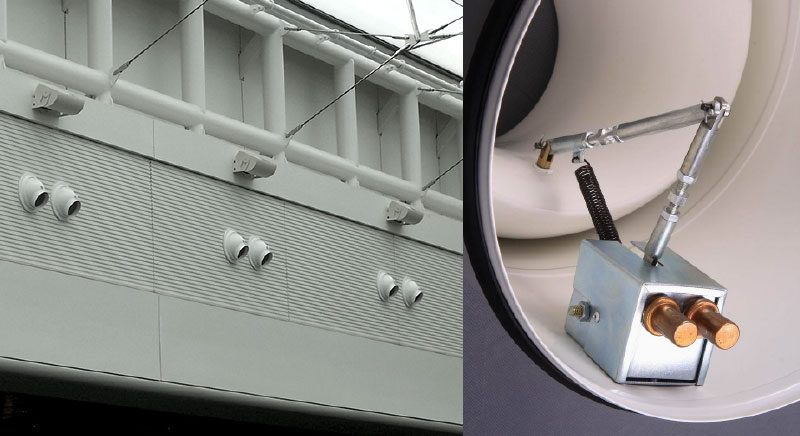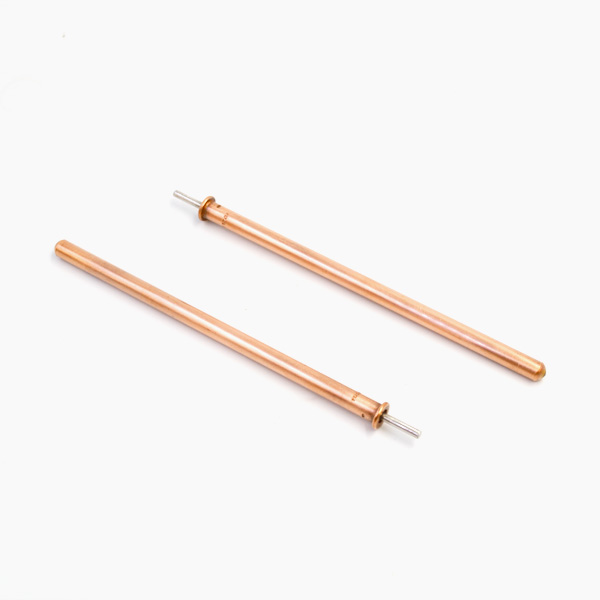An adaptive quantization control algorithm is designed for uncertain nonlinear systems with actuator gaps. Based on a well-known inverse model of sector bounded property and gap of hysteresis quantizer, the real control signal is successfully separated from the coupled dynamics.
The designed controller guarantees the boundedness of all signals in the closed system and the convergence of tracking error to an adjustable region near zero. The simulation results verify the effectiveness of the control algorithm. In recent years, adaptive control of nonlinear systems is a hot issue in the field of control theory research. Many scholars have solved many controller design problems by using uncertain nonlinear systems with gaps. At present, the control signals received by the industrial control system are usually transmitted by the control platform through the network bus.
In complex circumstances, the control commands may also need to be transmitted by wireless channels. In practical environment, the bandwidth of network bus and wireless channel is usually limited.

Therefore, the continuous-time nonlinear controller designed in the past may not be transmitted in real time through network bus, which means that when these continuous-time control schemes are applied to the network bus nonlinear system, the closed-loop stability may not be available.
Effective assurance is that the system output tracking error may diverge or the system state variables may tend to be unbounded. To solve this problem, an adaptive control strategy based on quantization design is proposed. In reference [1-3], an adaptive quantization control algorithm for linear systems is proposed by combining logarithmic quantizer and K. Okano et al. In reference [4-6], the algorithm is extended to non-linear systems, and the hysteresis quantizer replaces the original logarithmic quantizer to avoid the control signal tremor problem caused by too large quantization level. However, the stability of the closed-loop system established by the two adaptive quantization control schemes depends on a limitation of control input.
It is difficult to pre-test the condition before the controller is designed because the real-time control signal is generated after the controller is put into operation. In order to remove this limitation, Zhou [7] and other scholars proposed a new design scheme of Backstepping.

However, the type of non-linear systems targeted by this scheme is relatively limited.

For example, the scheme requires that parameterized uncertain functions in strictly feedback non-linear systems exist only in the last subsystem, and also requires that in addition to In addition to the last subsystem, the non-linear functions and their partial derivatives of all other subsystems satisfy the global Lipschitz condition. Obviously, how to remove these conditions is a research work with both theoretical and practical value, but due to its difficulty, the research results in this area are still quite limited. Based on the above analysis, we will study the design of adaptive quantization control for uncertain nonlinear systems with actuator gaps. Firstly, the control signal is passed through a hysteresis quantizer to reduce the communication rate in the network bus. The introduction of quantizer makes the design of adaptive control very difficult. In order to solve this problem, which does not depend on the limitations of the literature mentioned above, a nonlinear decomposition method based on sector bounded property of quantizer is proposed. Furthermore, we give a method to decompose the gap. Based on these decompositions, the real controller is successfully separated from the gap constraints and quantization functions. Finally, the design of quantization control algorithm is completed by combining robust adaptive technology.
The simulation results are shown in Fig. 1, Fig. 2 and Fig. 3.
A robust self-adaptive quantization control scheme is proposed for strictly feedback nonlinear systems with actuator gaps. A two-step decomposition method is designed.
Firstly, the gap model is decomposed to extract the quantization control signal. Then, the quantization function is decomposed to separate the control signal successfully. The difficulty of control design is that the control gain obtained after decomposition is an unknown dynamic function. To solve this problem, we further propose a robust adaptive method to design the desired quantization controller.
Through rigorous mathematical proof, thermostatic element the proposed solution not only guarantees the boundedness of all signals in the closed system, but also makes the output tracking error converge to an adjustable range near zero.
